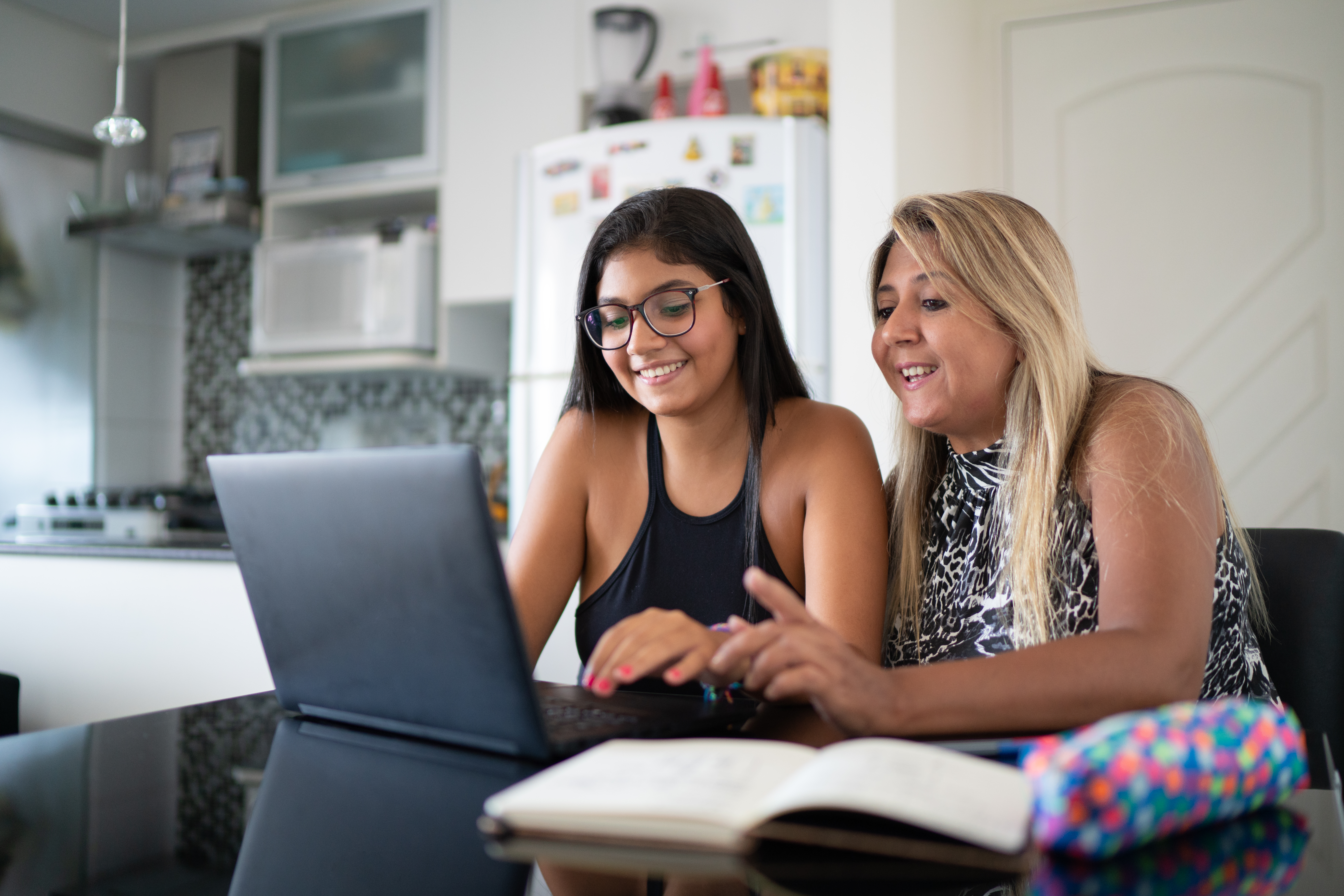Many parents and caregivers have suddenly found themselves in shut-down home-schooling situations. This is certainly not a task for the faint-hearted. Here are seven tips to help make your learning at home experiences a little smoother.
You are a parent first
Remember in this tumultuous time of change and constraints that your kids need caring, loving adults in their worlds. Before you put your teacher hat on, remember that you are a parent, guardian, aunty, uncle first. Your number one priority is to provide the warmth that a child needs at home. So don’t be too quick to jump in to a strict regime. Take time to find your new rhythm.
This is a great opportunity to build relationships
If your relationship with your child or teen is a little strained, this is a great opportunity to make investments into them. Start first with tending to their physical needs. Ensure they are well fed, warm, and heard. If you have the option for going for a walk outside, this is a great way to get a young person talking. It is often easier to talk when walking or driving, than directly face to face at home. The added benefit is the physical exercise, and that is going to be super important in a season of shut down.
The clock may be your new best friend
Introducing a routine will be essential. Be careful not to launch it Sargent-Major style, instead introduce the routine softly. For example, Mondays are baking days. Tuesdays we call Grandma. Fridays are playdough days. Then, start to introduce daily routines: all morning jobs must be done by 8 am (breakfast, make your bed, get dressed, clean your teeth, brush your hair). Outside time is 3 pm every day.
If you notice that your child has very low stamina for certain things like they can’t sustain focus when reading for very long, or they can’t focus on their math problems for more than 10 minutes then the clock is going to be your best friend. Try to build stamina: today we’re going to set the timer and read for 5 minutes. Then tomorrow we’re going to read for 5 minutes and 10 seconds, and build it up every day. You can do the same for writing and math.
For pre-schoolers
Play based learning is your number one priority. So much is learnt through play at this age. Role play, imaginative play, experimental play. If you have a child who demands screen time, then your determination for technology-free play has to be stronger than your child’s demand for technology. Keep technology for the times when you both need the break. For example, devices can be used between 10.30 and 11.30 am, and 2.30 and 3.30 pm.
For primary schoolers
Keep them reading, writing and doing math. Reading everyday has enormous benefits for literacy development, as does practising number facts. Check out your state’s Department of Education online resources.
For high schoolers
Teenagers are very digitally connected, and they love contributing content as much as they consume it. Encourage them to create content. Mini-documentaries, music videos, dare I say Tik-Toks?! It is vital they apply their knowledge and use their skills by creating content, rather than just using someone else’s content.
For young adults
You may have a senior secondary student or a university student who is now studying from home. They are going to need some space to do this. Try to make a place in the home where they can engage in their online learning. Although you won’t be in this world, ask how it is going: are you connected to your teachers/tutors? Do you have a social media group for your class?
Remember, we are all going to tell stories about this unprecedented season we are living in right now. While we’re in it, let’s try to write the best stories we can. For more information about schooling at home, you can watch a short open access public lecture on the topic.
About Dr Alison Willis
Dr Alison Willis is a Lecturer and Researcher in Education at USC, and Founder of the Teachers of Australia Project.
Related articles

How to support your child through the transition to university
25 FebStarting university is an exciting milestone, but it can also bring a mix of emotions for both students and parents.

